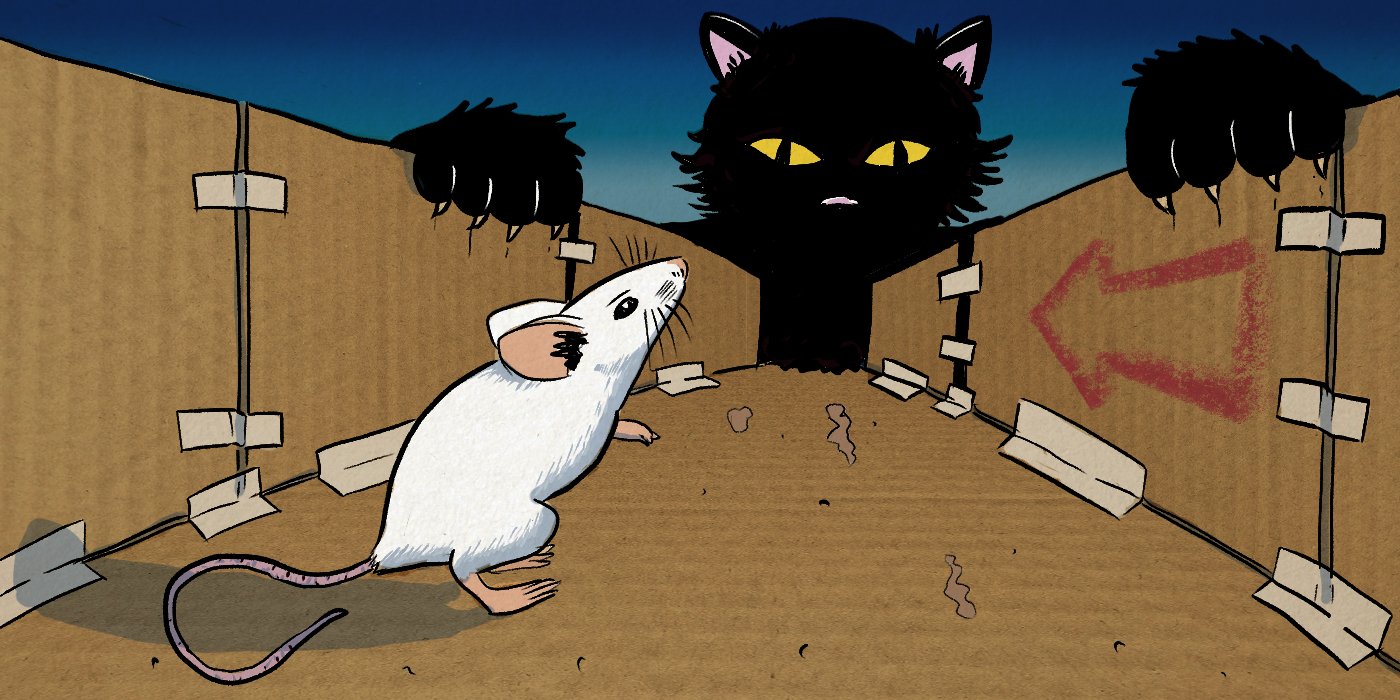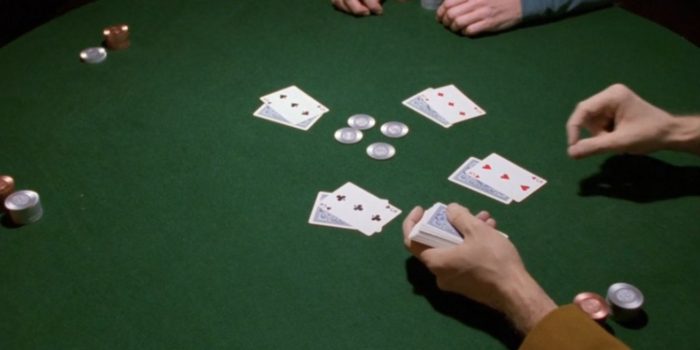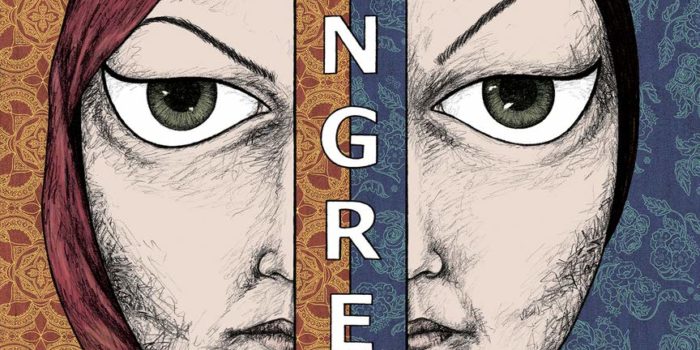Okay, so that’s a stupid question. Or at least it may initially sound like one. In terms of publication and distribution, and their dependency on advertisements, comics are clearly magazines by definition. Which would then make graphic novels compiled magazines… which they are clearly (I hope) not.
But the fact is that “comic book” is a dirty term in the art world. And though the work of people such as Daniel Clowes, Alan Moore, Neil Gaiman and too many other fine writers to mention, has done much to remedy this, the comic is still looked upon with disdain. Libraries and schools live in fear of the day that little Timmy is lured in by the colourful pictures of his first graphic novel, and vows never to read another novel again. Which is stupid, of course; the majority of those who read graphic novels are also literature lovers.
And then there are the critics. Bookworms and concerned parents feared that their beloved tomes would become obsolete with the dawn of television. Only almost a century after its conception was cinema embraced as a valuable art form. The video game, a medium still in its infancy, is currently being subjected to the same media prejudice that faced the feel good movies of the 1920s. But whereas devotees and aficionados are willing to discuss the video game medium, and argue as to whether it qualifies as high art, the same question is rarely focused on comics. This could be that, since the comic medium’s maturity in the late sixties through to the mid-eighties, comics have been critically appreciated in a new, if not particularly bright, light.
Weary media lecturers will bore their students about the potential of “sequential art,” but these academics rarely raise interest in anything other than the obvious award-winning “worthy” choices – Maus, Persepolis and the works of Scott McCloud, Harvey Pekar and Robert Crumb. All great starting points, of course, but any who dares to mention superhero books in such lessons will likely receive only scornful glares. Perhaps this is because comics, for the most part, share the shelves with that most unfairly treated of literary genres: Science Fiction and Fantasy. Works such as The Sandman, Watchmen, Strangers in Paradise and Cerebus the Aardvark are too often viewed as little more than fantastical nonsense for preoccupied adolescents. And as long as their creators continue to be imaginative and original, striving to push the boundaries of contemporary fiction, this is unlikely to change.
A friend told me not long ago that he’d read everything ever written by Alan Moore, but refused to read a graphic novel by any other author. I find it baffling that one could get so much enjoyment from the comic book medium yet have no desire to take that interest further. I wanted to tell him to read something else. Write him a list of recommendations, even.
But instead I kept my mouth shut. His loss, I figured.








Leave a Reply